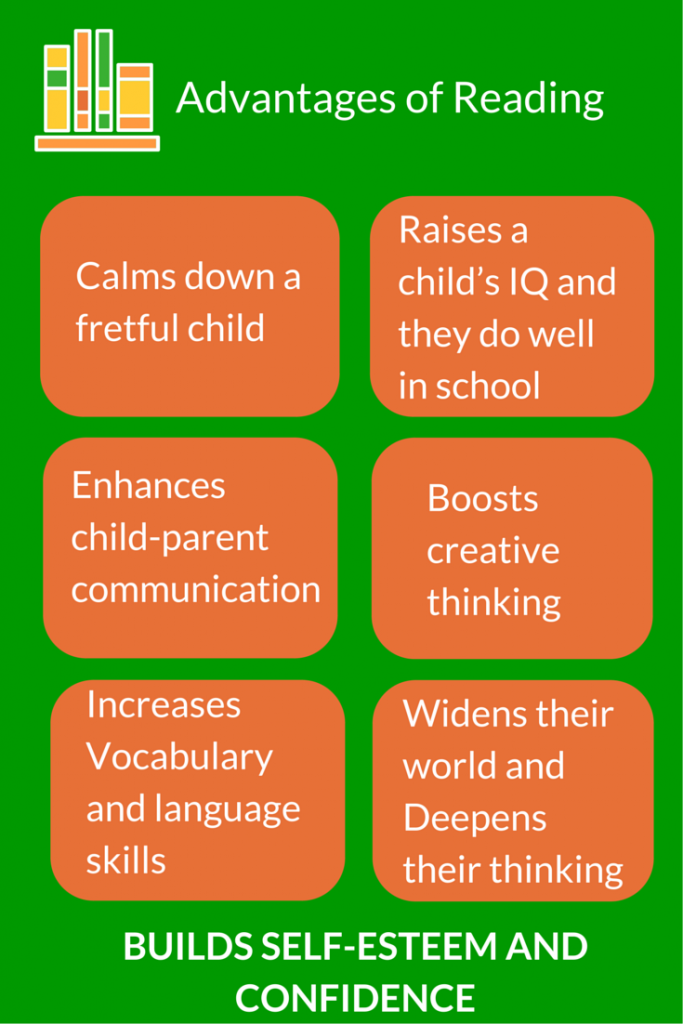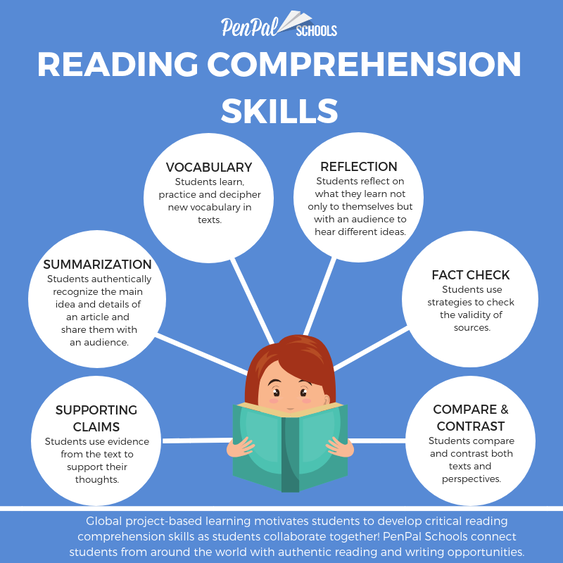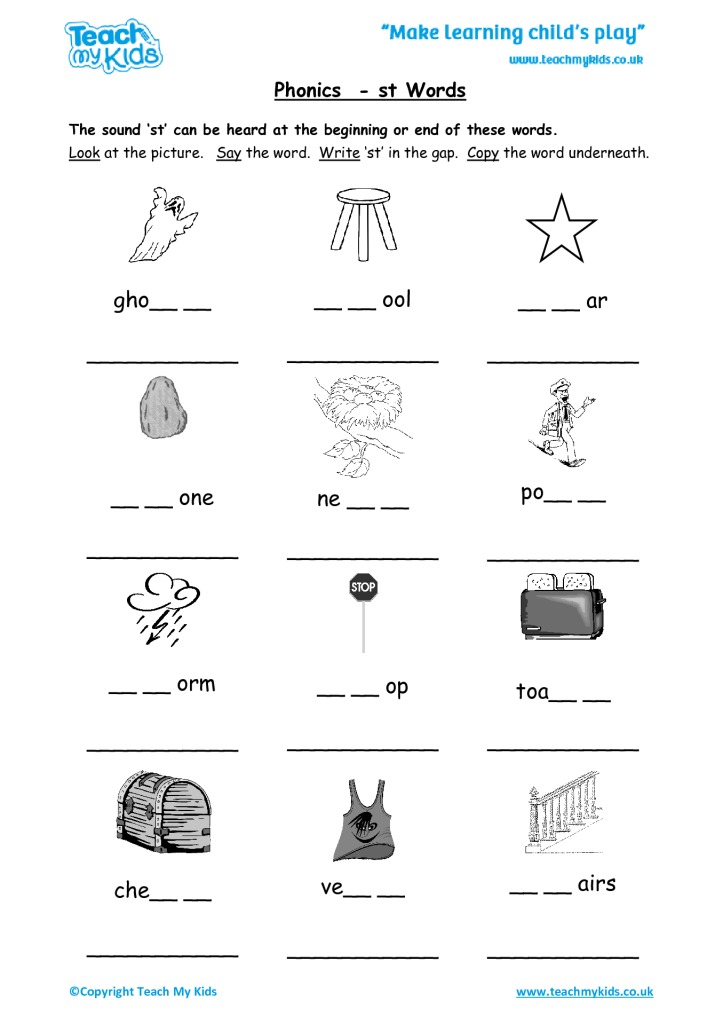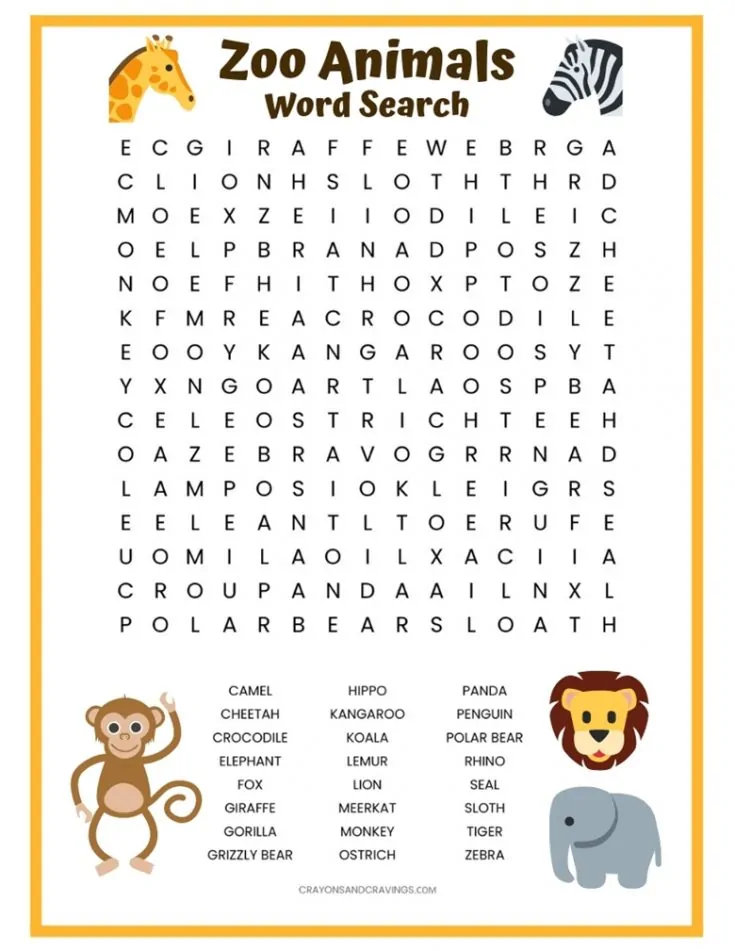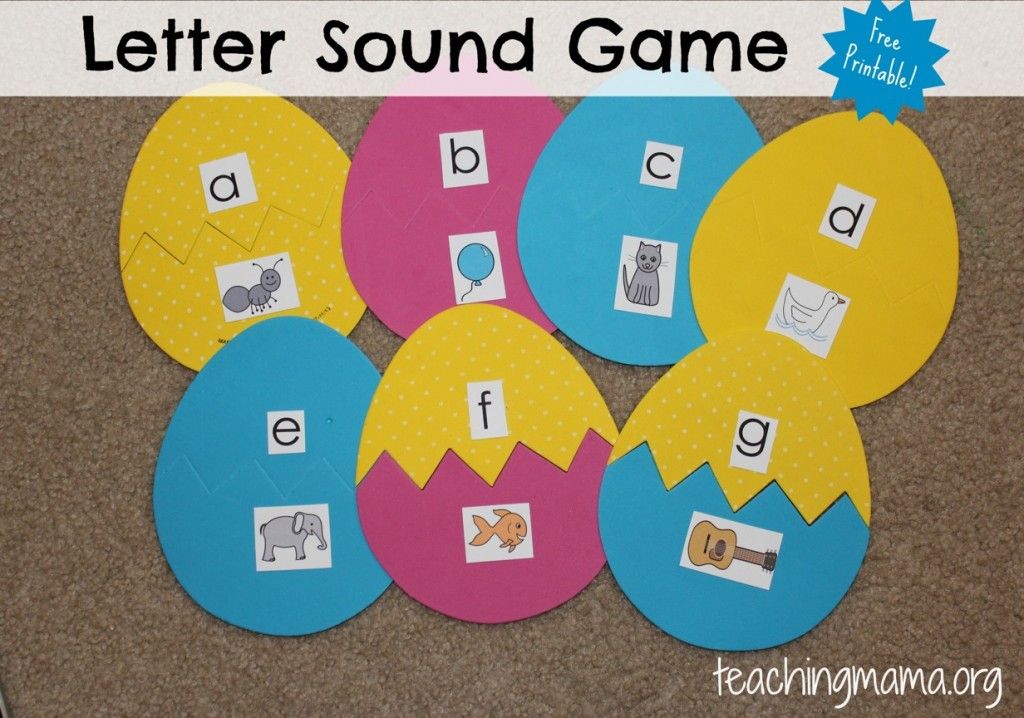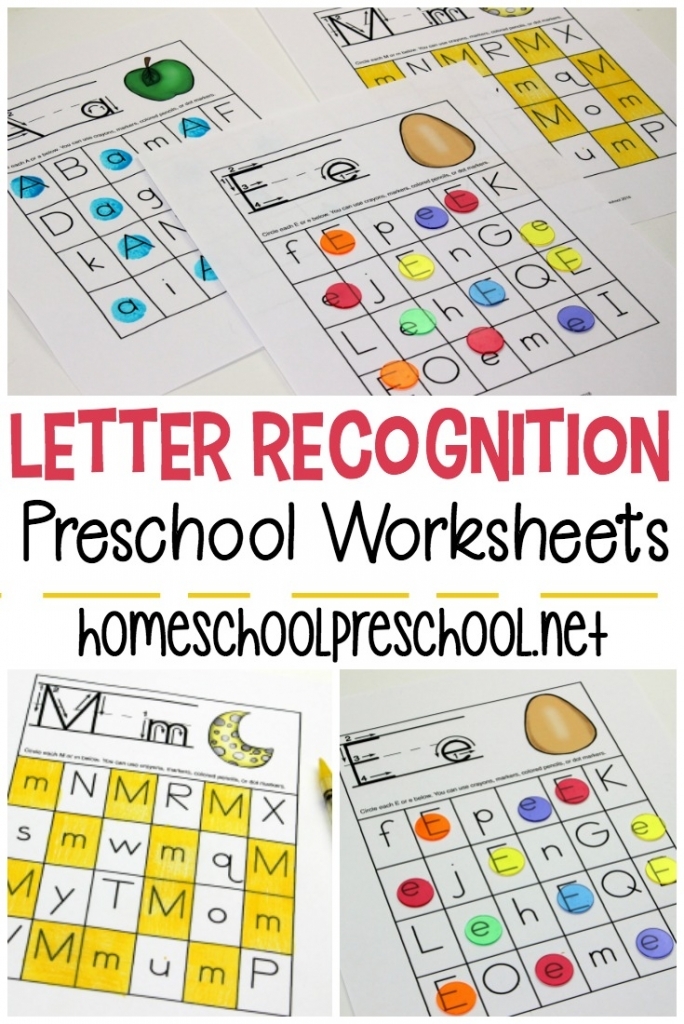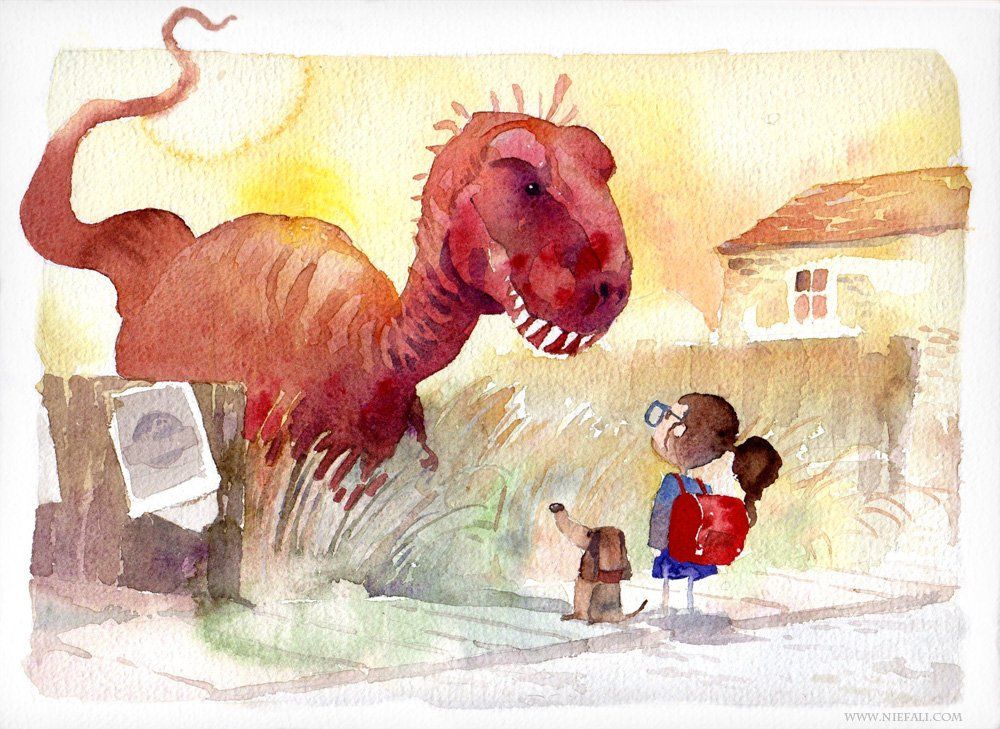Benefits of reading for kids
Benefits & Importance of Reading to Children
Blog
03/03/2017
It’s undeniable that a child’s reading skills are important to their success in school, work, and life in general. And it is very possible to help ensure your child’s success by reading to them starting at a very early age. Continue reading to learn more about the top benefits of reading to children and how reading can support them for the future.
7 Benefits of Reading to Children
Whether you’re reading a classic novel or fairy tales before bed, reading aloud to children can significantly benefit your child’s life. Some benefits reading to children include:
- Supported cognitive development
- Improved language skills
- Preparation for academic success
- Developing a special bond with your child
- Increased concentration and discipline
- Improved imagination and creativity
- Cultivating. lifelong love of reading
Reading to young children is proven to improve cognitive skills and help along the process of cognitive development. Cognitive development is the emergence of the ability to think and understand; it’s “the construction of thought processes, including remembering, problem solving, and decision-making, from childhood through adolescence to adulthood” (HealthofChildren.com). It refers to how a person perceives and thinks about his or her world through areas such as information processing, intelligence, reasoning, language development, attention span, and memory.
When you begin reading aloud to your child, it essentially provides them with background knowledge on their young world, which helps them make sense of what they see, hear, and read. In fact, many educators and researchers postulate that “It is the talk that surrounds the reading that gives it power, helping children to bridge what is in the story and their own lives,” rather than just the vocalization of the words. Introducing reading into your young child’s life, and the conversations that it will prompt, helps them to make sense of their own lives, especially at a young age.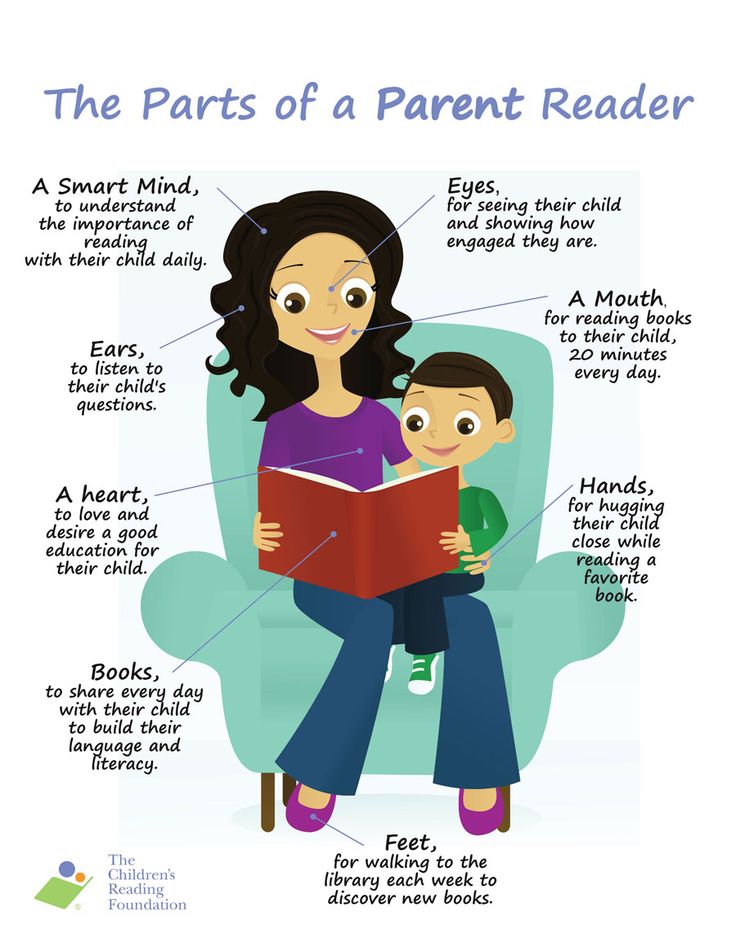
Consider this excerpt from a study on toddlers’ cognitive development as a result of being read aloud to:
“A child care provider reads to a toddler. And in a matter of seconds, thousands of cells in these children’s growing brains respond. Some brain cells are ‘turned on,’ triggered by this particular experience. Many existing connections among brain cells are strengthened. At the same time, new brain cells are formed, adding a bit more definition and complexity to the intricate circuitry that will remain largely in place for the rest of these children’s lives.”
Therefore, the more adults read aloud to their children, the larger their vocabularies will grow and the more they will know and understand about the world and their place in it, assisting their cognitive development and perception.
Improved language skillsReading daily to young children, starting in infancy, can help with language acquisition, communication skills, social skills, and literacy skills.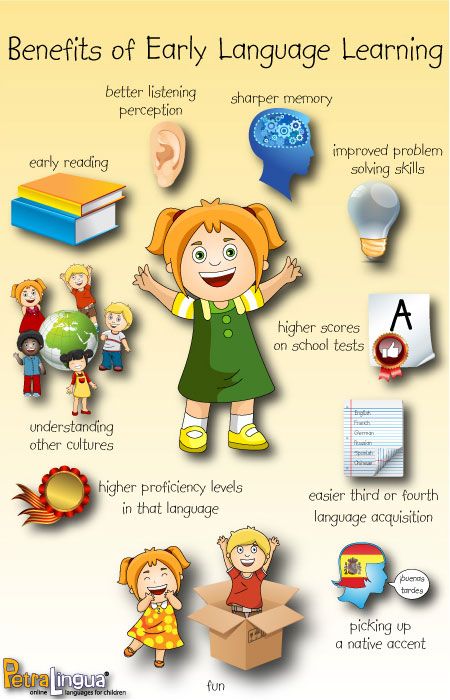 This is because reading to your children in the earliest months stimulates the part of the brain that allows them to understand the meaning of language and helps build key language, literacy and social skills.
This is because reading to your children in the earliest months stimulates the part of the brain that allows them to understand the meaning of language and helps build key language, literacy and social skills.
In fact, a recent brain scan study found that “reading at home with children from an early age was strongly correlated with brain activation in areas connected with visual imagery and understanding the meaning of language” (TIME.com)
These cognitive skills and critical thinking skills are especially important when you consider that, according to the American Academy of Pediatrics, more than one in three American children start kindergarten without the skills they need to learn to read. About two-thirds of children can’t read proficiently by the end of the third grade.
Furthermore, while a child will be able to latch onto vocabulary and language he or she hears around him or her, introducing reading into their auditory learning provides another benefit: it introduces the language of books, which differs from language heard in daily life.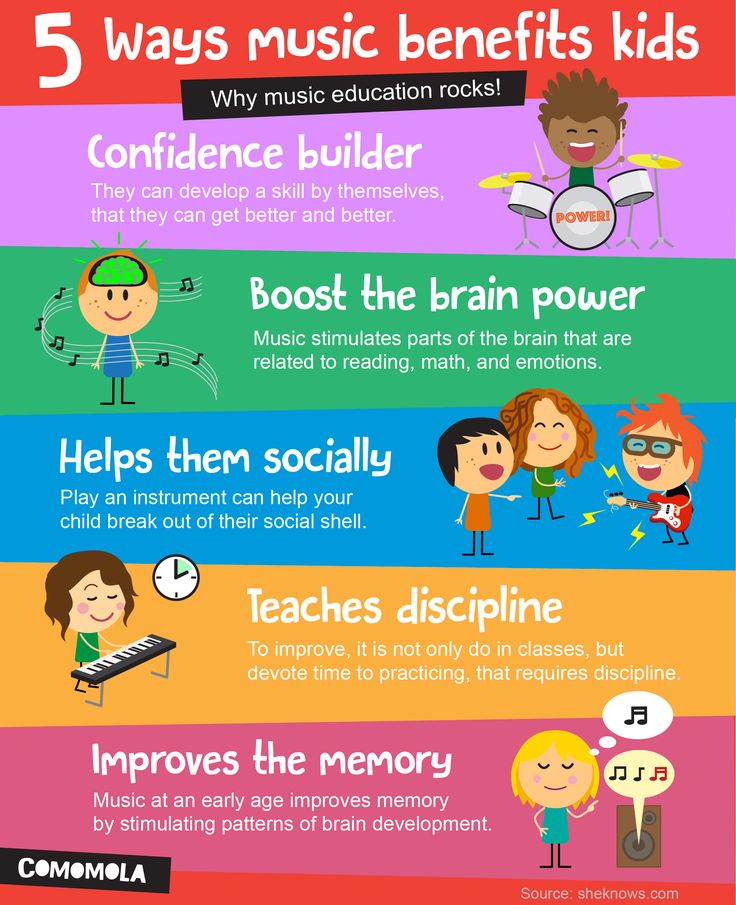 Whether it’s a children’s book or classic novel, book language is more descriptive, and tends to use more formal grammatical structures.
Whether it’s a children’s book or classic novel, book language is more descriptive, and tends to use more formal grammatical structures.
Early reading with your child is a true one-on-one opportunity for children to communicate with their parents and parents to communicate with their children. It allows children to grow their vocabulary skills with exposure to new words and listening skills they develop from hearing someone read to them that become vital to their academic success.
Studies have shown that “the more words that are in a child’s language world, the more words they will learn, and the stronger their language skills are when they reach kindergarten, the more prepared they are to be able to read, and the better they read, the more likely they will graduate from high school” (PBS.org).
Numerous studies have shown that students who are exposed to reading before preschool are more likely to do well when they reach their period of formal education.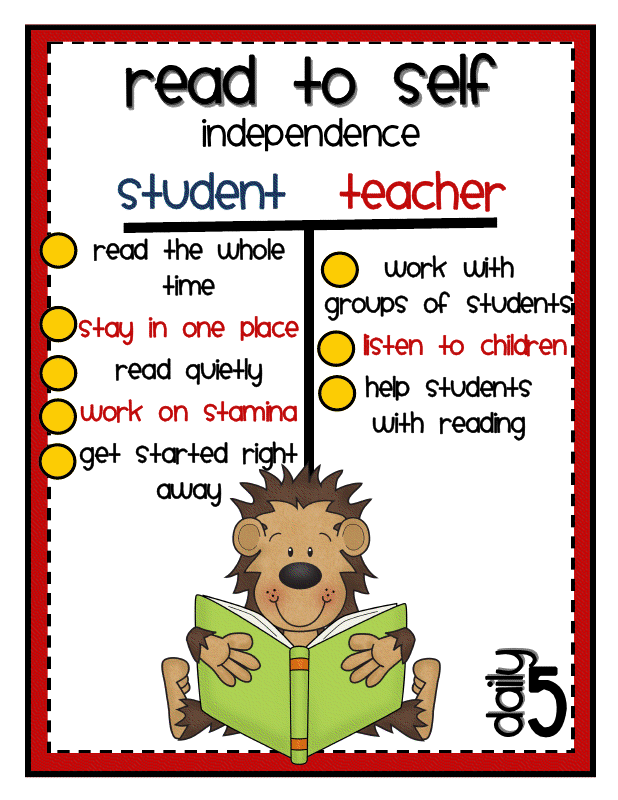 According to a study completed by the University of Michigan, there are five early reading skills that are essential for development. They are:
According to a study completed by the University of Michigan, there are five early reading skills that are essential for development. They are:
- Phonemic awareness – Being able to hear, identify, and play with individual sounds in spoken words.
- Phonics – Being able to connect the letters of written language with the sounds of spoken language.
- Vocabulary – The words kids need to know to communicate effectively.
- Reading comprehension – Being able to understand and get meaning from what has been read.
- Fluency (oral reading) – Being able to read text accurately and quickly.
While children will encounter these literacy skills and language development once they reach elementary school and beyond, you can help jumpstart their reading success by reading to them during infancy and their early toddler years.
While they won’t be able to practice fluency or phonics at that stage, they will get an earlier introduction to phonetic awareness, vocabulary and reading comprehension, all of which will set them up for success as they grow and interact with the world around them.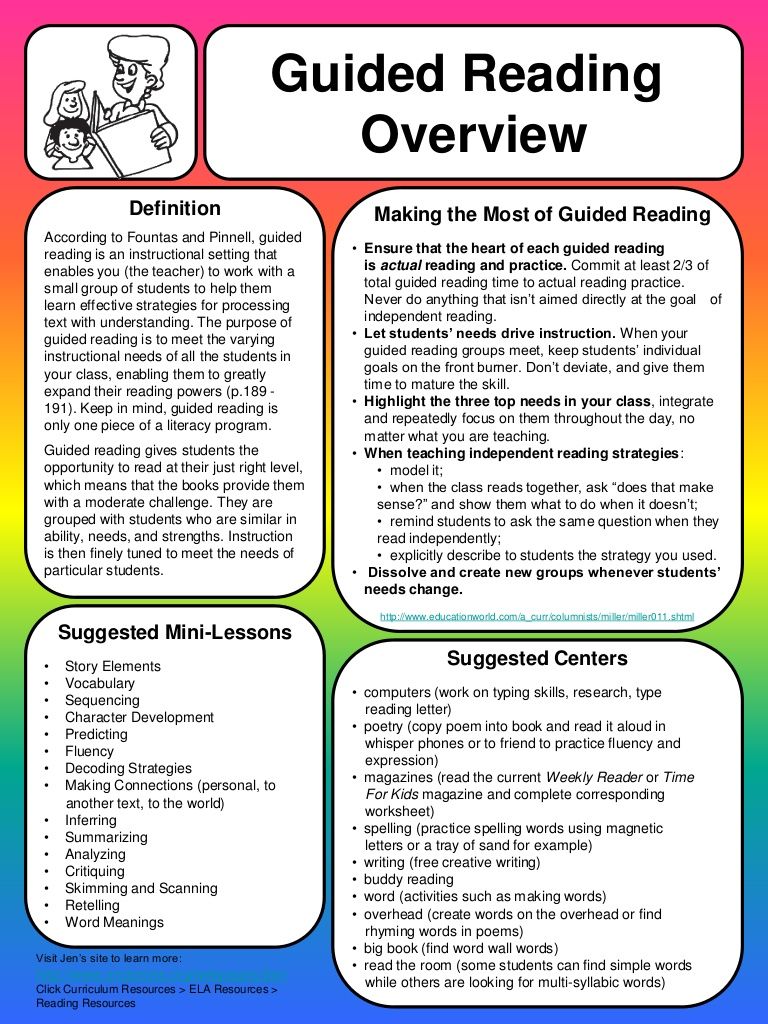
Developing a special bond with your child
It goes without saying that reading to your young child on a regular basis can help you forge a stronger relationship with them. When it comes to children, one of the most important things you can do to positively influence their development is spend time with them. Reading to your children provides a great opportunity to set up a regular, shared event where you can look forward to spending time together. With shared reading, your child will trust and expect that you will be there for them. The importance of trust to small children cannot be overstated.
Reading a favorite book to your children not only helps you bond with them, but also gives your children a sense of intimacy and well-being. This feeling of intimacy helps your child feel close to you, and the feelings of love and attention encourage positive growth and development.
With babies specifically, although they may not be able to understand what you’re saying when you read to them, reading aloud provides a level of invaluable nurturing and reassurance. Very young babies love to hear familiar voices, and reading is the perfect outlet to create this connection.
Very young babies love to hear familiar voices, and reading is the perfect outlet to create this connection.
At a broader, more scientific level, it’s the parent-child relationship, nurturing relationships between caregivers and children that set a positive life course. If you are able to read aloud with your child at a predictable, scheduled time that fits with the daily routines of home and school, you’ll be able to provide something constant that they can expect and likely even look forward to.
Reading aloud together and having a shared activity gives you and your child something to talk about, which in turn supports the development of reading and writing skills (per the vocabulary and reading comprehension areas of development mentioned above). And down the road, reading together can be used to discuss real-life experiences and issues. A children’s book can provide springboards to meaningful discussions about many different topics which can further develop a child’s critical thinking skills.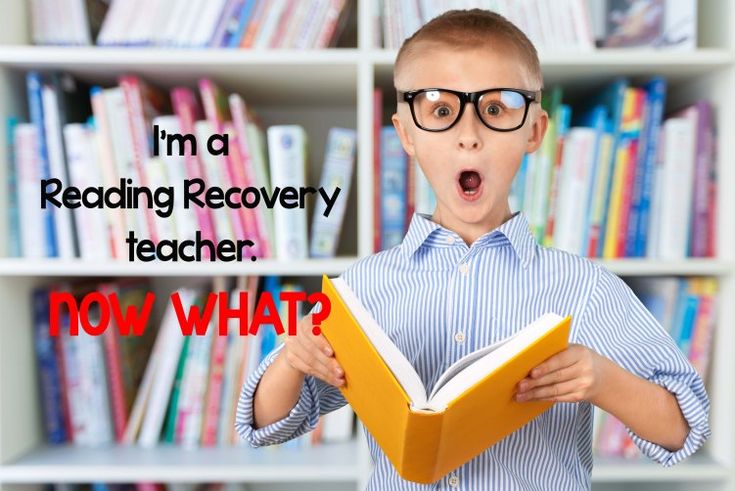
At its core, literature is one of the best ways to help kids understand something without necessarily having to experience it for themselves. Reading to your child helps to expose them to all types of subjects and concepts, building our children’s understanding of humanity and the world around them (ReadBrightly.com).
Increased concentration and disciplineIntroducing regular reading time into your child’s schedule has another benefit outside of creating shared time together: increased discipline and concentration. Very young children rarely sit still for long, and it’s oftentimes difficult to get them to focus. But when you introduce regular reading to your children, you may start to observe a change in behavior. Toddlers may initially squirm and become distracted during story time, but eventually they’ll learn to stay put for the duration of the book.
According to EarlyMoments.com, along with reading comprehension comes “a stronger self-discipline, longer attention span, and better memory retention, all of which will serve your child well when she enters school.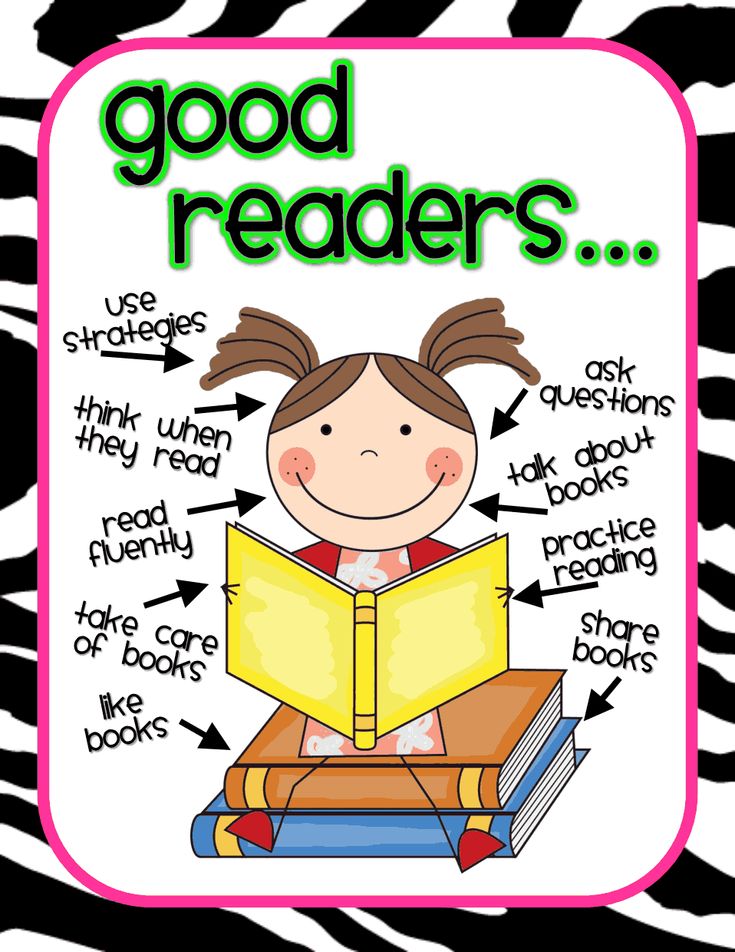 ”
”
Young children naturally have a capacity to dream big and use their imaginations. Reading aloud to your child helps them use their imaginations to explore people, places, times, and events beyond their own experiences. Reading as an imaginative activity can open doors to all kinds of new worlds for your child. By widening your child’s imagination, your child is more likely to dream bigger and act creatively which can benefit they school, work, and life in the future.
Cultivating a lifelong love of readingAccording to Jim Trelease, author of the best-seller, The Read-Aloud Handbook: “Every time we read to a child, we’re sending a ‘pleasure’ message to the child’s brain… You could even call it a commercial, conditioning the child to associate books and print with pleasure” (ReadAloud.org)
This connection between reading and “pleasure” is crucial for success later in life. As personal development coach and speaker Brian Tracy says, your ability to expand your mind and strive for lifelong learning is critical to your success — “Learning is the minimum requirement for success in any field.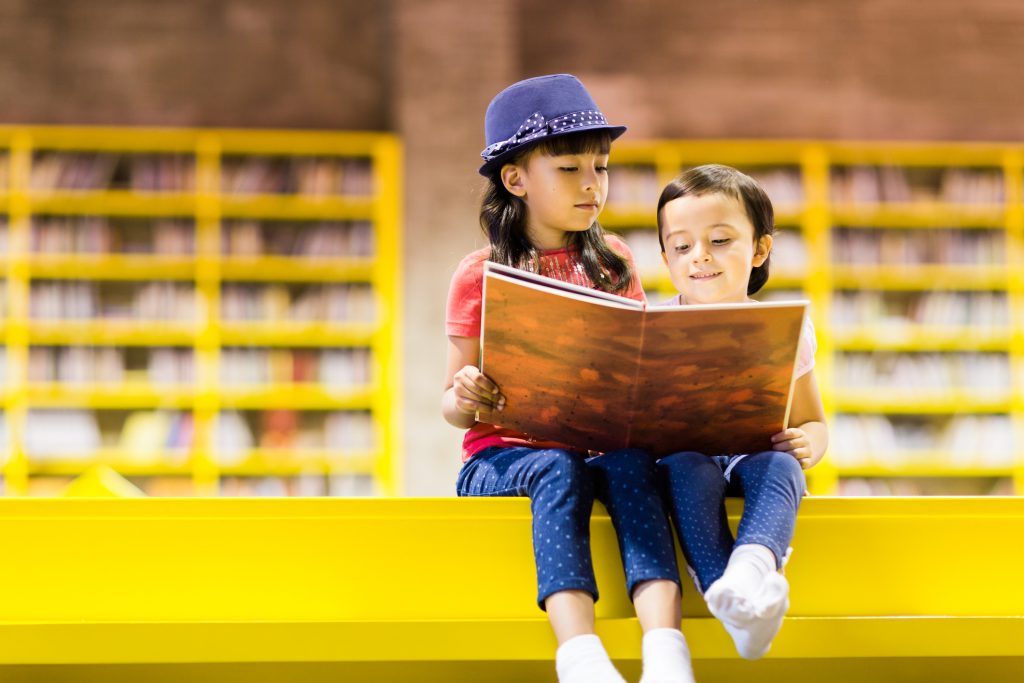 ”
”
Reading is the key for lifelong learning, and if you can instill a love of reading at an early age, then a commitment to lifelong learning is sure to follow. Reading aloud presents books as sources of pleasant, valuable, and exciting experiences. Children who value books are motivated to read on their own, and will likely continue to practice independent reading throughout the rest of their lives.
When it comes to reading to your children, the benefits to your child’s life range far beyond the development of a close bond with them, although that’s certainly one of them. Reading aloud to children is truly the single-most important activity for building these understanding and skills essential for reading success that your child will carry with them all throughout their life.
To learn more about our resources for children, visit our website.
Related Articles
This website uses cookies to improve your experience.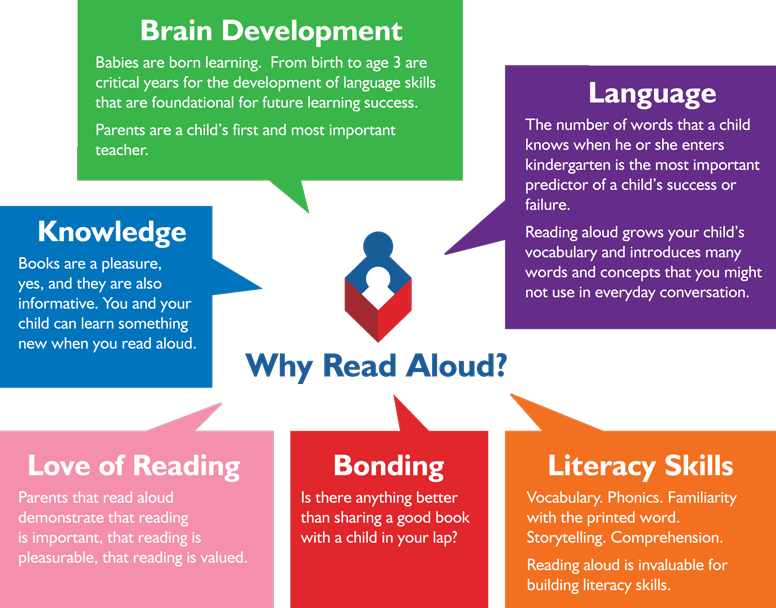 By continuing to use our site you agree to our Privacy Policy. ACCEPT
By continuing to use our site you agree to our Privacy Policy. ACCEPT
Why is Reading Important for Children?
Reading allows us to be transported from our own world to another. Between the pages of a book, we can become immersed in the lives of fictional characters and learn about a culture entirely different from our own. We can also learn new words and phrases, experience a range of emotions, and acquire skills and knowledge.
Because of the learning potential, the effects of reading on child development are vast and multiple studies have highlighted its benefits. As such, teachers and parents are in a great position to ensure reading is a key part of children’s daily routine. We’ll give you some more information as to why this is so important and provide some tips that you can use both in and out of the classroom.
What Are the Benefits of Reading for Children?
The importance of reading for children cannot be underestimated. Reading for pleasure can benefit a child’s education, social and cognitive development, their wellbeing, and their mental health.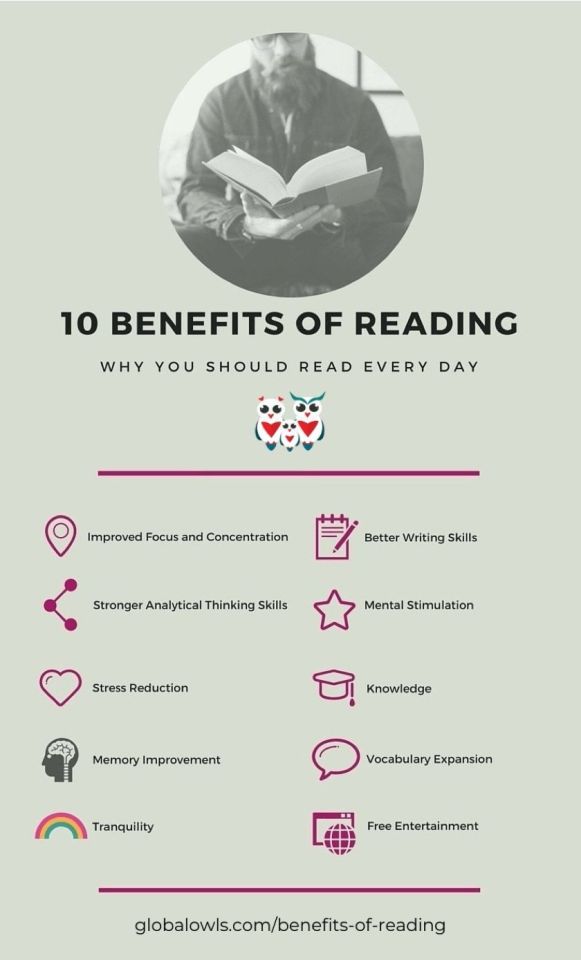
What are the Effects of Reading on Child Development?
Numerous pieces of research conducted and commissioned by BookTrust have discovered the profound benefits of reading for a child’s development. One study details the effects of reading on later literacy skills, facilitating social interaction between adults and children, and encouraging children to engage with the world around them. It also states how reading can be a ‘stable source of information’ throughout a child’s life. This stability allows them to access text in a constant fashion and can be especially beneficial for children growing up in challenging circumstances.
There are multiple other benefits that reading can have on a child’s development, including:
Assisted cognitive development. Cognitive development refers to how we perceive and think about our world in reference to our intelligence, reasoning, language development, and information processing. By reading to children, you provide them with a deep understanding about their world and fill their brains with background knowledge.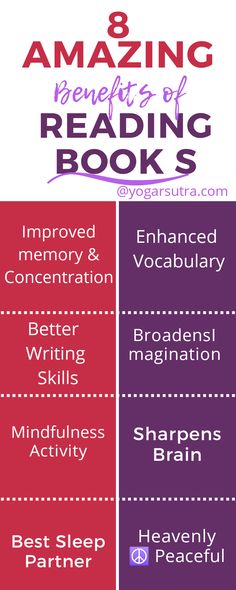 They then use this acquired background knowledge to make sense of what they see, hear, and read, which aids their cognitive development.
They then use this acquired background knowledge to make sense of what they see, hear, and read, which aids their cognitive development.
Developing empathy. When we read a book, we put ourselves in the story in front of us. This allows us to develop empathy as we experience the lives of other characters and can identify with how they are feeling. Children can then use this understanding to empathise in the real world with other people. Additionally, children will gain a greater understanding of emotions, which can help them understand their own emotions and those of others. This helps dramatically with their social development.
Gaining deeper understanding. A book can take us anywhere: to another city, to a different country, or even to an alternative world. By reading a book, a child learns about people, places, and events that they couldn’t learn otherwise. This gives children a deeper understanding of the world around them and cultures that are different from their own.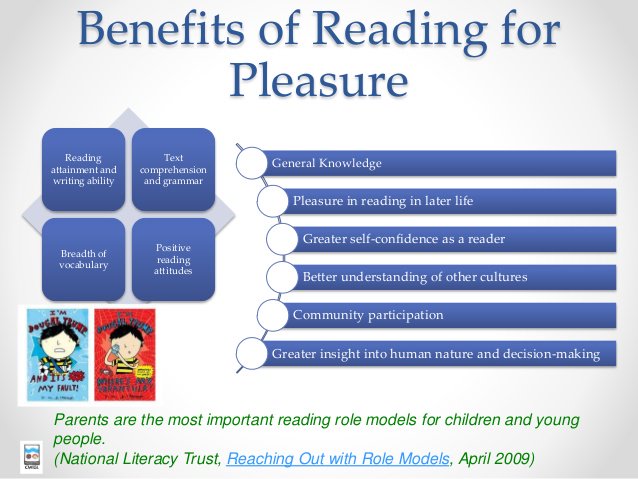
Building stronger relationships. If a parent reads with a child on a regular basis, then they will undoubtedly develop a stronger relationship with them. Reading provides parents with an opportunity to have a regular and shared event that both parent and child can look forward to. Furthermore, it provides children with feelings of attention, love, and reassurance which is key for nurturing and wellbeing.
What is the Importance of Stories in Child Education?
Reading with children can help to create a love of reading for life. Multiple studies have found a correlation between reading for pleasure and higher academic achievement in every subject, not just English.
The benefits of reading with children on their education is wide-ranging:
Improved literary skills. Reading with aloud with young children, even if they can’t fully understand what you are saying, gives them the skills they need for when they begin to read by themselves.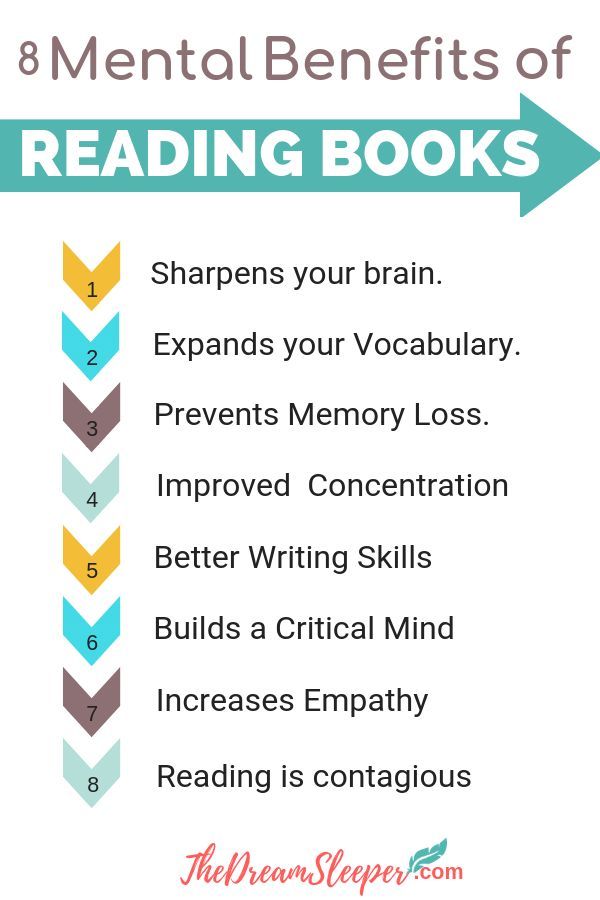 It shows children that reading is something achieved by focusing from left to right and that turning pages is essential for continuing. Reading to children in even the earliest months of their lives can help with language acquisition and stimulating the part of the brain that processes language.
It shows children that reading is something achieved by focusing from left to right and that turning pages is essential for continuing. Reading to children in even the earliest months of their lives can help with language acquisition and stimulating the part of the brain that processes language.
More extensive vocabulary. Hearing words spoken aloud can expose children to a range of new vocabulary and phrases that they may not have heard otherwise. By reading to a child daily, they’ll learn new words every single day.
Greater concentration. Regular and consistent reading can help to improve a child’s concentration abilities. Furthermore, it will help a child learn to sit still and listen for long periods of time, which will benefit them in their schooling.
Higher levels of creativity and imagination. Reading a book relies on us using our imagination for picturing characters, visualising their settings and environment, and guessing what’s coming next. We must use our imagination if we are to learn about other people, places, events, and times. In turn, this developed imagination leads to greater creativity as children use the ideas in their heads to inform their work.
We must use our imagination if we are to learn about other people, places, events, and times. In turn, this developed imagination leads to greater creativity as children use the ideas in their heads to inform their work.
Finally, the more that a child is read to, and the more that they read themselves, the better they will become at it. Practice really does make perfect and, the more a child reads, the better their overall academic achievement and social skills, like empathy, will be.
The Top Ten Benefits of Reading for Children
Based on what we’ve discussed above, here are the top 10 benefits of reading for children:
- Their vocabulary is larger and more extensive.
- They perform better academically.
- Their imagination can run wild.
- Their creativity skills develop.
- They develop empathy.
- They gain a deeper understanding of their world.
- Their concentration levels improve.
- The parent and child bond improves.
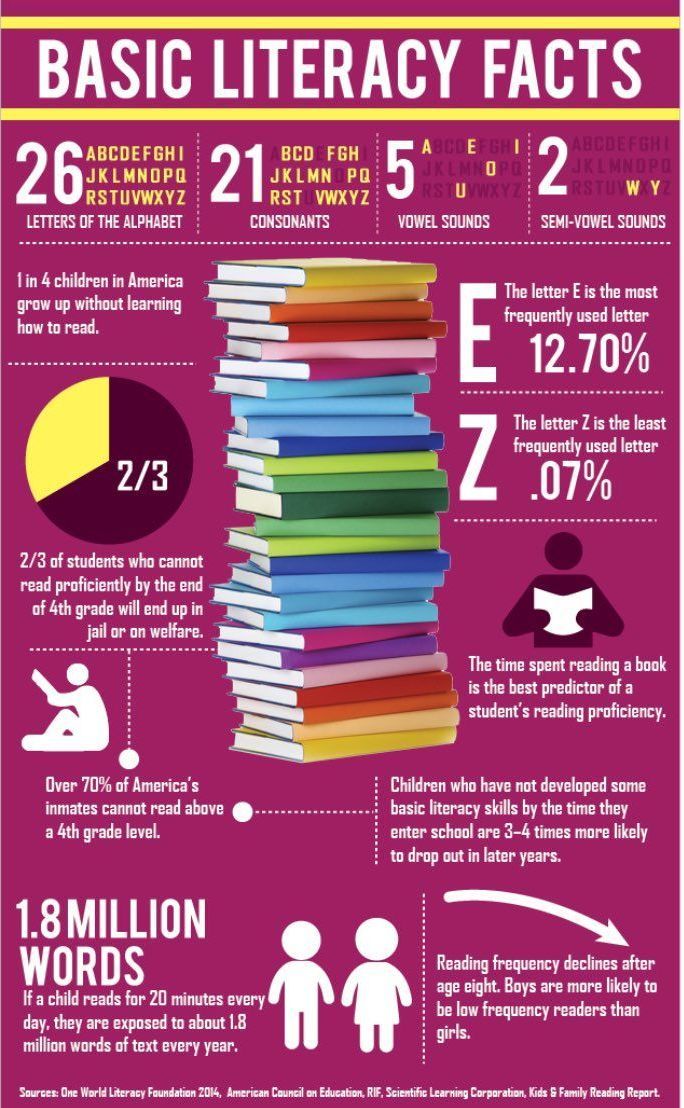
- Their cognitive development is supported.
- Their social skills and interaction improve.
How to Read with Your Child
Reading aloud is an enjoyable activity that both parents and children alike can enjoy. Additionally, it is an activity that teachers find fulfilling and that they should encourage regularly, both at school and at home.
How Parents Can Read with Their Child
If you read with your child at home, then you are supplementing what they learn in the classroom as well as giving them additional one-on-one support that the classroom cannot give. To have successful and effective reading sessions, consider the following:
Start young. Even during infancy, a child can look at pictures and listen to your voice. Read aloud to your child and point to the pictures on the page, saying the name of the objects that appear. This provides your child with two sources of information: an understanding of real-world objects and an understanding of the importance of language. Even when your child can read by themselves, you should still read aloud together for practice.
Even when your child can read by themselves, you should still read aloud together for practice.
Make it part of your routine. Try your best to read to your child every day and keep it consistent. Incorporate this into your, and your child’s, daily routine until it becomes as much of a habit as them brushing their teeth. However, try not to be discouraged if you miss a day – just pick your routine back up as normal when you have time.
Encourage variation. Try to vary the books that you read to your child as much as possible. This will open their eyes to a range of different worlds, cultures, and characters, and allow their imagination to be stretched and thrive.
Have patience. Sometimes we can forget what it’s like to be that age and what we were like. As an adult we take reading for granted, but it’s easier to be patient with a child when we remember how much they don’t know yet. For example, how is a child going to know to read from left to right until you point at the words as you go? How are they to know that each scrawl on the page represents a word? Take your time and be patient if they don’t understand.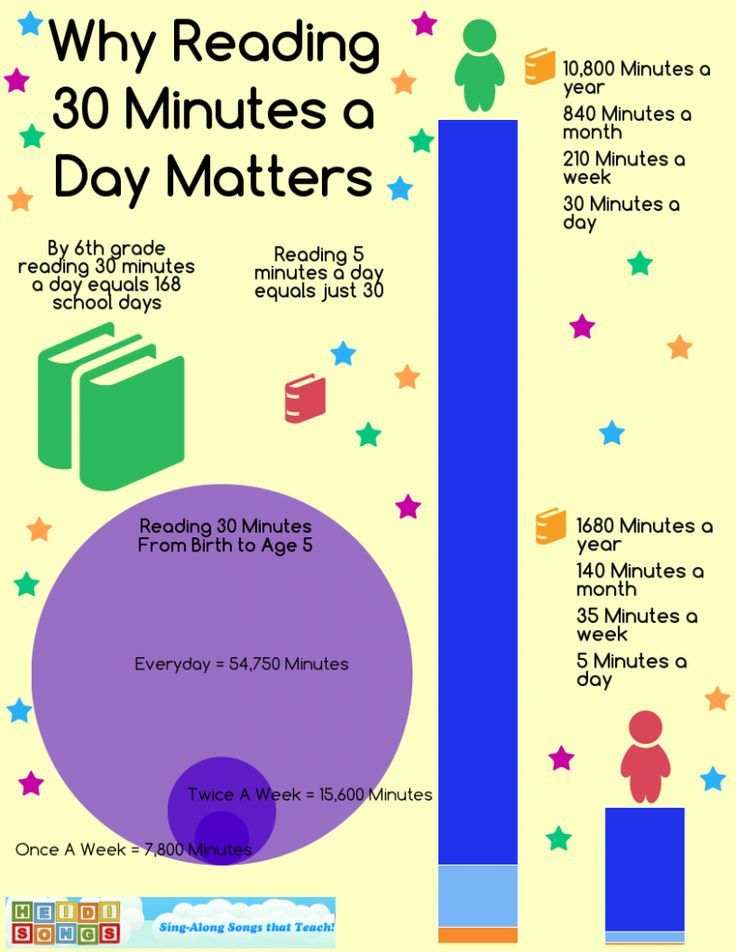
Continue the discussion. After you’ve finished reading a story to your child, consider trying to keep it going. Age depending, you could ask them questions about what they’ve just read. For example, “Did you enjoy that story?”, “Who was your favourite character?” or “Why do you think the prince was happy at the end?”. However, don’t feel that this is necessary for every single story you read. If your child enjoys the book, it will develop a love of reading anyway, even without the conversation.
How Teachers Can Encourage Reading
If you’re a teacher, reading to your class will probably be second nature. However, there may be certain children in your class who only get the chance to read in school and not at home. This could be for a variety of reasons, however, try and communicate to parents the importance of reading with their child. To do so, you could:
Circulate a newsletter. You could create a fortnightly/monthly newsletter that details what your class has read in that fortnight or month and why.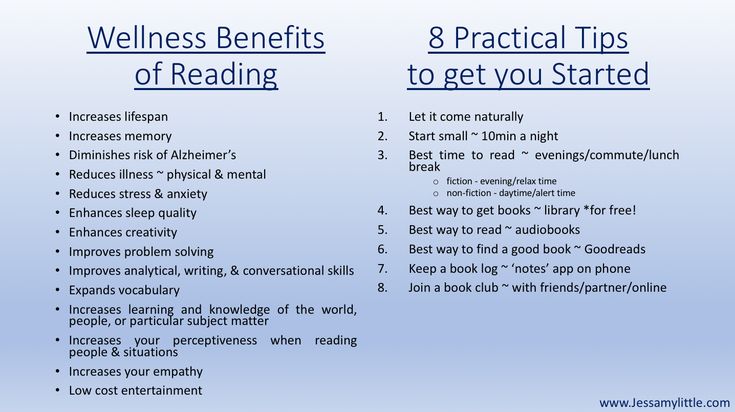 Then, say how parents can continue with the chosen reading topic at home. For example, if you have been studying science fiction in your class that fortnight then you could include some suggestions for other science fiction books that parents can read at home.
Then, say how parents can continue with the chosen reading topic at home. For example, if you have been studying science fiction in your class that fortnight then you could include some suggestions for other science fiction books that parents can read at home.
Start a book club. If you have the time, you could start a book club with your class or across the school. As part of this, you could suggest a book per week, or month, that children have to read at home. Then, check their understanding of, and engagement with, that book by holding regular meetings.
Get the children involved. Make it known to your pupils that reading is valuable and fun. Ask your class to make posters that encourage others to read or create a display where each student can write what their favourite book is and why. Doing so will help to foster a love of reading in them that makes them want to read at home.
Lead by example. Let your students know that you read and you enjoy it.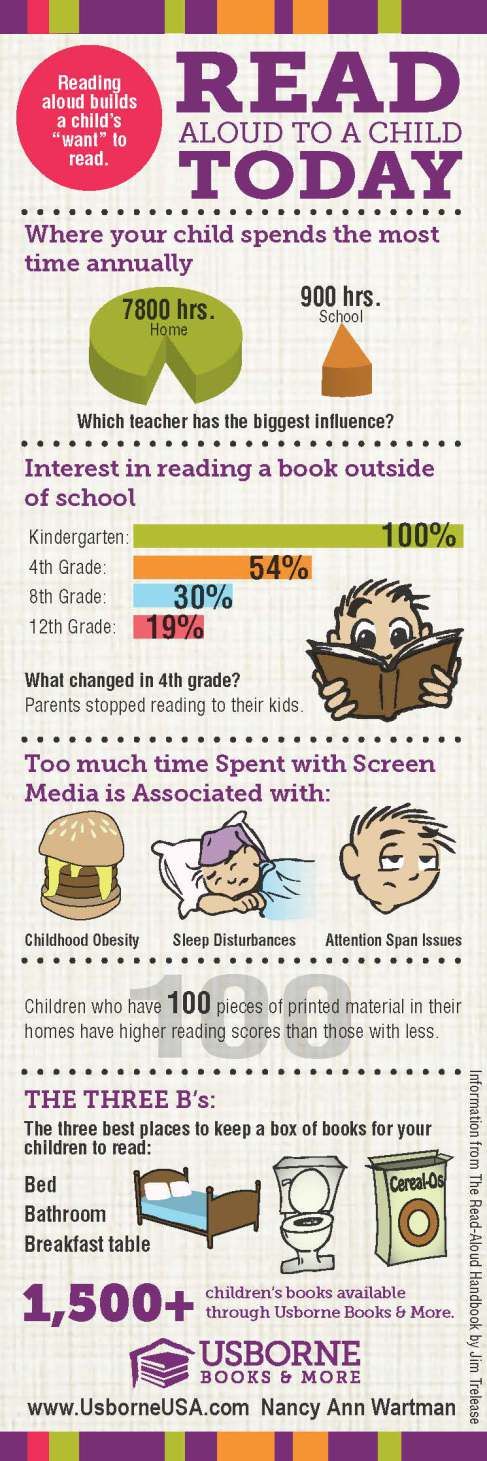 Talk to them about a book you’ve recently read or your all-time favourite book. You could also read a book yourself when your students are having silent reading time. This will help to motivate your students to read themselves. Finally, communicate this to parents and ask them to do something similar at home.
Talk to them about a book you’ve recently read or your all-time favourite book. You could also read a book yourself when your students are having silent reading time. This will help to motivate your students to read themselves. Finally, communicate this to parents and ask them to do something similar at home.
Reading is a powerful, fulfilling, and rewarding activity. Not only does a book act as a comfort and a friend, it also acts as a teacher and can teach children all about themselves, their world, and the cultures within it. Reading with children has numerous benefits and is something all parents and teachers should encourage.
What to Read Next:
- What is Effective Questioning and Why Should I Use it in my Classroom?
- Promoting Social Development in Children Through Structured Group Play
- Education Training Courses
The benefits of reading books for children or how to cultivate curiosity
A wide variety of gadgets, computer games, audio books gradually turns reading as such into an "uninteresting" activity for the younger generation.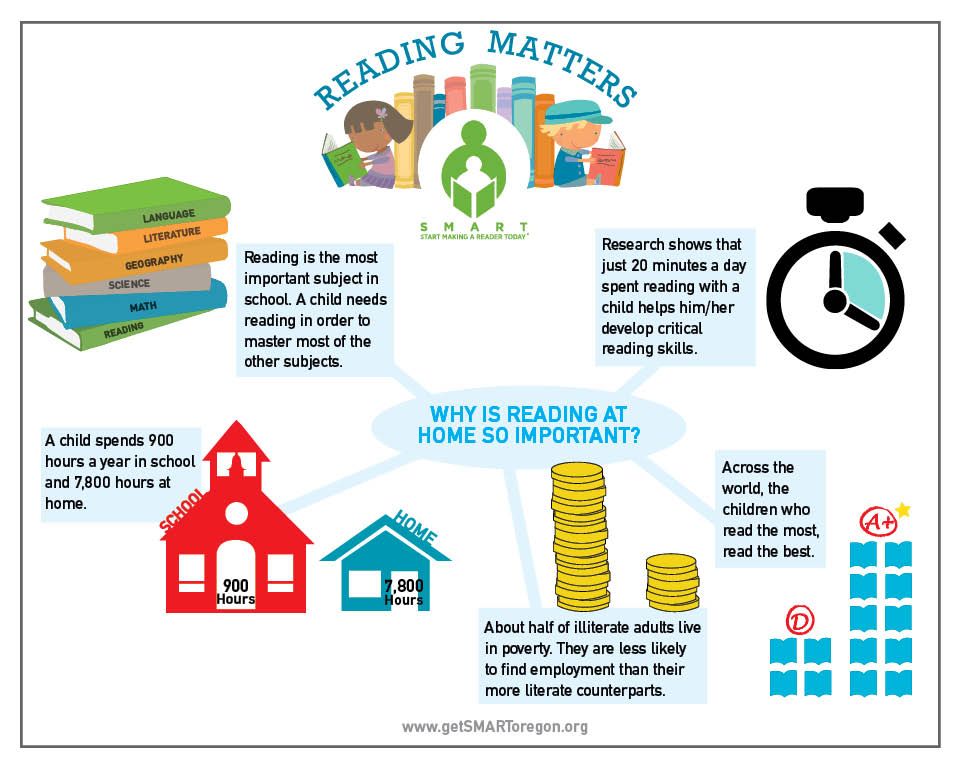 Instead of fiction, parents buy game consoles for their children, allow them to watch uncontrolled television programs that inhibit brain development. It is much easier to get information from short messages, provided with a mass of visual accompaniment.
Instead of fiction, parents buy game consoles for their children, allow them to watch uncontrolled television programs that inhibit brain development. It is much easier to get information from short messages, provided with a mass of visual accompaniment.
By the way, according to the Public Opinion Foundation, Russia has long ceased to be the most reading country, and 44% of citizens have never opened a book in a year. This is understandable - babies are now practically born in hands with a touchscreen phone, and adults are gradually switching to a passive perception of information from electronic devices.
Why do children need to read?
Meanwhile, scientists have proven that reading for 6 minutes reduces stress levels by more than 2 times. Listening to soothing music and walking are only in second and third place in relieving stress.
Researchers in the UK claim that reading is as beneficial to the body as fitness is to the muscles, because during this process a person exercises the entire brain.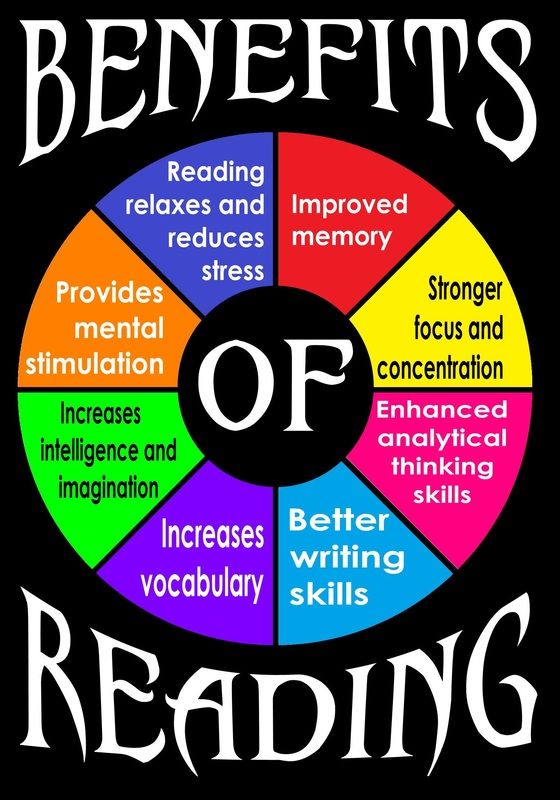
There are completely different processes in the gray matter if you read for pleasure and if you are trying to learn information, for example, to pass an exam. Scientists conducted research and found that at the moment of transition from ordinary reading to the desire to memorize the text in detail, active blood circulation begins in the head and the type of nervous activity completely changes. Blood reaches those areas of the brain that are responsible for cognition and concentration. Any kind of neurological load is good for the brain, it activates blood circulation, improves tissue nutrition.
What is the main benefit of reading?
The benefits of books for children are beyond doubt. Children love to be read to. It is from the parents that the baby hears the first poems and fairy tales, and if the parents do not ignore reading even the smallest, then with a very high probability the book will soon become the child's best friend. Why? Because the book :
- expands the child's understanding of the world
- introduces everything that surrounds the child: nature, objects, etc.

- influences the formation of preferences and reading tastes of the child
- develops thinking - both logical and figurative
- expands vocabulary, memory, imagination and fantasy
- teaches how to write sentences correctly.
Children to whom parents read aloud regularly begin to understand the structure of a literary work (where the beginning, how the plot unfolds, where the end comes). Through reading, the child learns to listen - and this is important. Getting acquainted with books, the child learns his native language better.
Children usually look forward to being read to by their parents. Reading aloud is of great importance for those children who can already read the book themselves. Family reading is a guarantee of well-being, a way of communication between parents and children, a method of education and good leisure. That is why mom and dad should always have time to read to children.
Psychologists believe that children to whom parents read books are emotionally balanced and self-confident.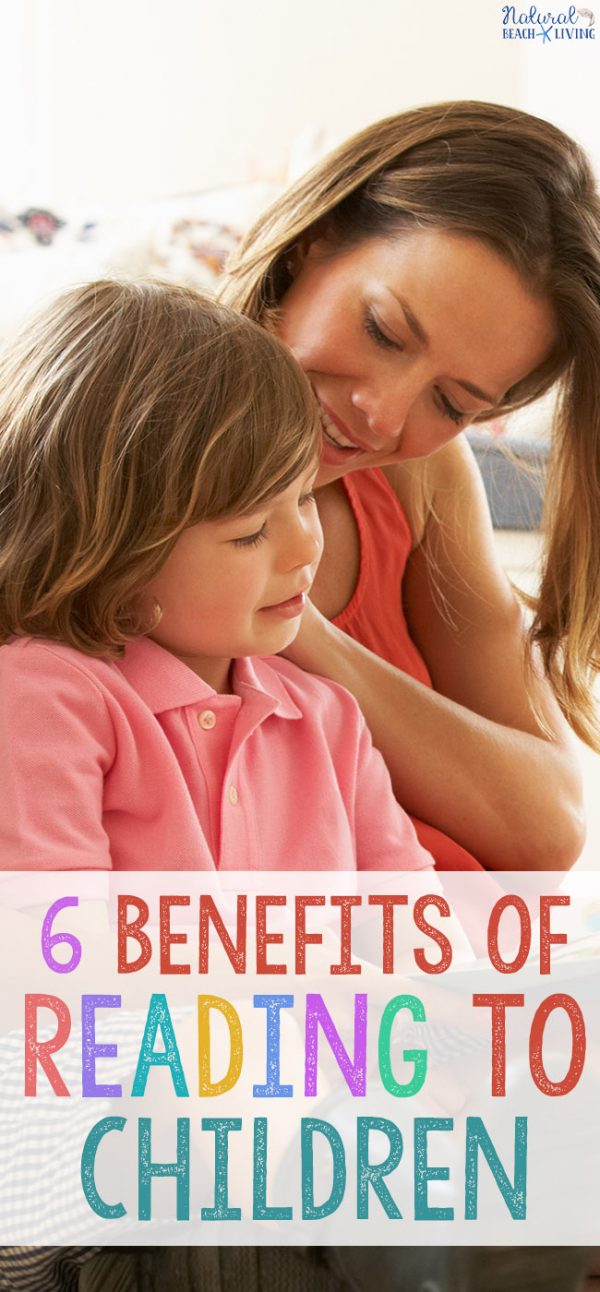
Here's what happens when we read together:
- Children who are often read to feel close, protected, safe. Such children are much more comfortable to live than those who are deprived of the joy of reading.
- While reading together, children form a moral attitude towards the world. The heroes of the books do a variety of things, get into false situations, make decisions - all this the child can discuss with the parent, while forming an understanding of good and evil, friendship and betrayal, sympathy, duty, honor.
- With active listening, the child vividly imagines what is being narrated and experiences. At these moments, he develops emotionally and, often identifying himself with the main character, overcomes his own fears.
- When listening to a literary work, the child inherits a variety of behaviors through the book: for example, how to become a good friend, how to achieve a goal, or how to resolve a conflict. The role of parents here is to help compare situations from a fairy tale with situations that can happen in real life.
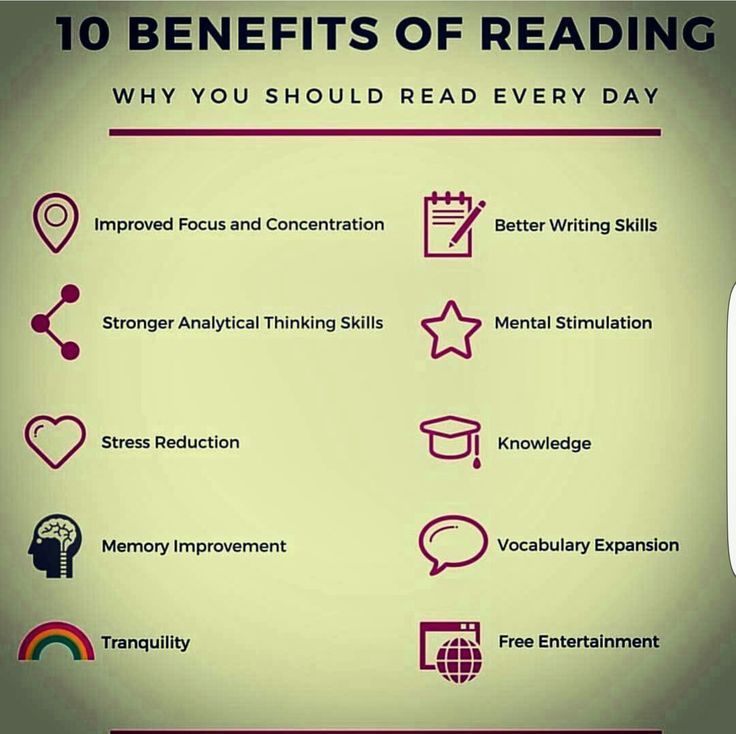
The book is the key to child development
The benefits of reading books for children are very great. Early childhood and the preschool period is a time that must not be missed in order to lay the most valuable qualities in a child, because it is at this time that the inner world of the child is formed. And here a book is a good helper, which helps to shape the worldview of the child, his morality, values, and the general level of culture.
From the first books, the little ones learn about the rules of politeness and the basics of health, as well as the simplest rules of life. Toddlers are often read short folklore works, unpretentious poems, in which folk wisdom is presented in forms accessible to crumbs.
Instilling a love of reading in AMAKids
AMAKids Intelligence Development Academy pays special attention to reading and has developed a whole methodology to increase reading speed. The technique is called Liberica. After completing the Liberica course, you will be able to read books at lightning speed and work with large amounts of information at the same speed. This is a practical skill, acquiring it, the reading speed increases by 5 or more times relative to the starting readings after completing the main course of Liberica. And 10 times or more when fully exploring Liberica and Liberica+. AMAKids students perceive reading as an interesting process and easily immerse themselves in the material. Reading becomes more fun, children read with pleasure.
This is a practical skill, acquiring it, the reading speed increases by 5 or more times relative to the starting readings after completing the main course of Liberica. And 10 times or more when fully exploring Liberica and Liberica+. AMAKids students perceive reading as an interesting process and easily immerse themselves in the material. Reading becomes more fun, children read with pleasure.
After completing the course of Liberica, children not only increase their reading speed, but also improve the assimilation of the information they read. When reading, we kind of immerse ourselves in the book, visualize the plot, imagine ourselves as a participant in dramatic actions. At this moment, those parts of the gray matter begin to work, which, in the absence of such a load, usually sleep. Neither computer games nor watching TV shows have a similar effect.
So read books and instill a love of reading in your children from an early age with the Liberic Method. No wonder they say that there are two categories of people: those who read books and those who listen to those who read.
A child's best friends are books: their benefits and role in development
All parents want their children to be curious and eager to learn and, as a result, to achieve success in life. One of the best means of development at all times were books. Taking into account the leading role of the book in the development of the child, parents and teachers are faced with the task of teaching them to love the book. From our article, you will learn about the benefits of reading books for children and the meaning of reading at different ages.
-
1 Why read books to children
-
2 The book is the key to child development
-
3 Reading circle for children of different ages
-
4 What literature is interesting for children of different ages
-
5 We read and educate
-
6 Advice on Purchasing Children's Literature
-
6.1 This video will help primary school teachers instill a love of reading in their students
-
Why read books to children
Children love to be read to Children love to be read to. It is from the parents that the baby hears the first poems and fairy tales, and if the parents do not ignore reading even the smallest, then with a very high probability the book will soon become the child's best friend. Why? Because the book :
It is from the parents that the baby hears the first poems and fairy tales, and if the parents do not ignore reading even the smallest, then with a very high probability the book will soon become the child's best friend. Why? Because the book :
- expands the child's understanding of the world
- introduces everything that surrounds the child: nature, objects, etc.
- influences the formation of preferences and reading tastes of the child
- develops thinking - both logical and figurative
- expands vocabulary, memory, imagination and fantasy
- teaches how to write sentences correctly.
Children to whom parents read aloud regularly begin to understand the structure of a literary work (where the beginning, how the plot unfolds, where the end comes). Through reading, the child learns to listen - and this is important. Getting acquainted with books, the child learns his native language better.
“Children who were constantly read aloud and told fairy tales become readers for life.
And also - those children whose parents love to read love a book.
Children usually look forward to being read to by their parents. Reading aloud is of great importance for those children who can already read the book themselves. Family reading is a guarantee of well-being, a way of communication between parents and children, a method of education and good leisure. That is why mom and dad should always have time to read to children.
Psychologists believe that children to whom parents read books are emotionally balanced and self-confident.
Here's what happens when we read together:
- Children who are often read to feel close, protected, safe. Such children are much more comfortable to live than those who are deprived of the joy of reading.
- While reading together, children form a moral attitude towards the world. The heroes of the books do a variety of things, get into false situations, make decisions - all this the child can discuss with the parent, while forming an understanding of good and evil, friendship and betrayal, sympathy, duty, honor.

- During active listening, the child vividly imagines what is being narrated and experiences it. At these moments, he develops emotionally and, often identifying himself with the main character, overcomes his own fears.
- When listening to a literary work, the child inherits a variety of behaviors through the book: for example, how to become a good friend, how to achieve a goal, or how to resolve a conflict. The role of parents here is to help compare situations from a fairy tale with situations that can happen in real life.
"Family reading is an indicator of a good, prosperous family."
The book is the key to the development of the child
The book forms the worldview of the child and gives him knowledge Early childhood and the preschool period is the time that must not be missed in order to instill the most valuable qualities in the child, because it is at this time that the inner world of the child is formed. And here a book is a good helper, which helps to shape the worldview of the child, his morality, values, and the general level of culture.
And here a book is a good helper, which helps to shape the worldview of the child, his morality, values, and the general level of culture.
From the first books, the youngest learn about the rules of courtesy and the basics of health, as well as the simplest rules of life. Toddlers are often read short folklore works, unpretentious poems, in which folk wisdom is presented in forms accessible to crumbs.
Listening to reading or reading independently, the child:
- gets acquainted with the past, present and even possible future of the world
- learns to think, analyze, be creative about everything
- develops speech, striving to make it correct, beautiful, rich, clear, imaginative, understandable to everyone
- forms spiritual qualities: compassion, mercy, sympathy, joy in the success of others, kindness, courage
- gets acquainted with art, learns to feel and understand beauty
- forms a positive attitude towards life
- develops a correct perception of nature, a thrifty attitude towards all living things
- learns to appreciate the work of others and be hardworking.

Reading circle for children of different ages
Books should correspond to the age, interests, views of the world, requests, spiritual impulses of the child . It’s good if the book contains the answer to a question that is still maturing in the mind of a child. Based on this, the reading circle of children of different ages is the circle of those literary works that children read or listen to, adequately perceiving them.What literature is interesting for children of different ages
From 2 to 5 years old. Preschoolers clearly prefer poetry to prose. They are very fond of rhythmic works - poems, songs, ditties, rhyming nursery rhymes, counting rhymes. Many children's works, including folklore, are dynamic and expressive, which is why children of primary preschool age perceive and memorize them so easily. Such works are best suited to the needs of babies, because they are a successful combination of rhythm, intonation, melody and movement.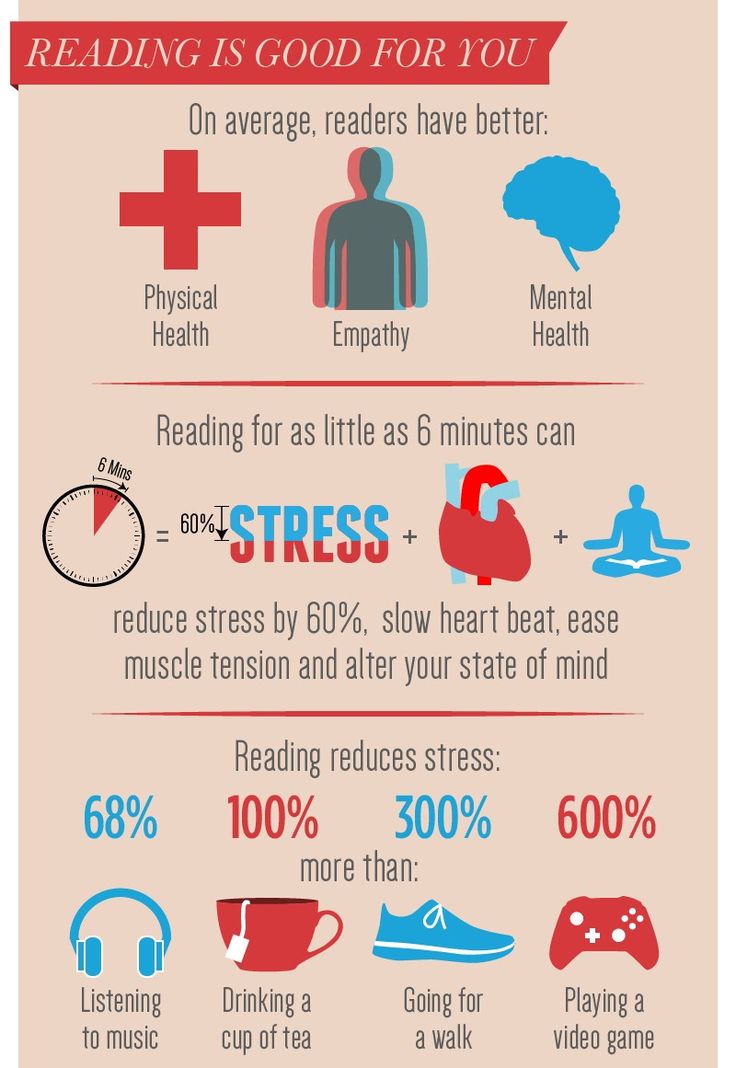 And kids love colorful books.
And kids love colorful books.
From 6 to 8 years old. The reading circle of preschool children is rapidly changing. Children after 5-6 years are no longer interested in nursery rhymes or short poems. At this age, children develop and consolidate reading skills. Children of senior preschool and primary school age prefer more voluminous works with a complex plot and a large number of characters in order to read them (or listen) and wait for continuation. They may also be interested in all kinds of children's encyclopedias, where information about the world is available.
From 9 to 13 years old. At this age, readers are interested in the history and life of historical figures (conquerors, scientists, travelers, heroes). They have an interest in moral and ethical issues, reflections on friendship, love, happiness.
From 14 to 18 years old. Readers have their own range of favorite topics and characters: boys have their own, girls have their own. It depends on inclinations, interests, talents, character traits, environment, etc.
It depends on inclinations, interests, talents, character traits, environment, etc.
We read and educate
By teaching a child to read and offering him interesting, informative books, we educate him.
By teaching a child to read and offering him interesting, informative books, we educate him. Books awaken interest in study, work, self-knowledge. Explain to your child that the more he reads, the better he learns. From the moment of coming to school, the child should realize that much knowledge needs to be obtained on his own, and the book will help in this.
Whether a child loves to read depends not only on the teacher. The merit in it, first of all, parents. If an atmosphere of respect for the book reigns in the house, and parents respond to the child's requests to read, help to understand something, then the child will appreciate reading as one of the integral components of life.
In order to develop a love of reading in a child, psychologists recommend:
- Parents should show their positive example of people for whom reading is a pleasure.
 Quote writers, memorize, give examples from the literature, discuss what you read - and the children will see that without reading there is nowhere.
Quote writers, memorize, give examples from the literature, discuss what you read - and the children will see that without reading there is nowhere. - Enroll your child in the library. Go there weekly. Let your child choose their own books and magazines.
- Visit bookstores. Build an interesting children's library at home.
- Start a “Reader's Diary”, which will reflect how many books, what and during what period they were read.
- Equip a reading nook at home: a comfortable desk, a bookshelf, toys in the form of fairy-tale characters, etc.
- Shop for inspiring books that are colorful and fun to keep kids excited to read more.
- Read books based on films with children and vice versa.
- Think of leisure activities related to reading: literary evenings, joint reading or theatrical performances based on works.
- Keep your child friendly with children who love to read.
- Solve crossword puzzles, charades, rebuses, interesting logic puzzles with children.
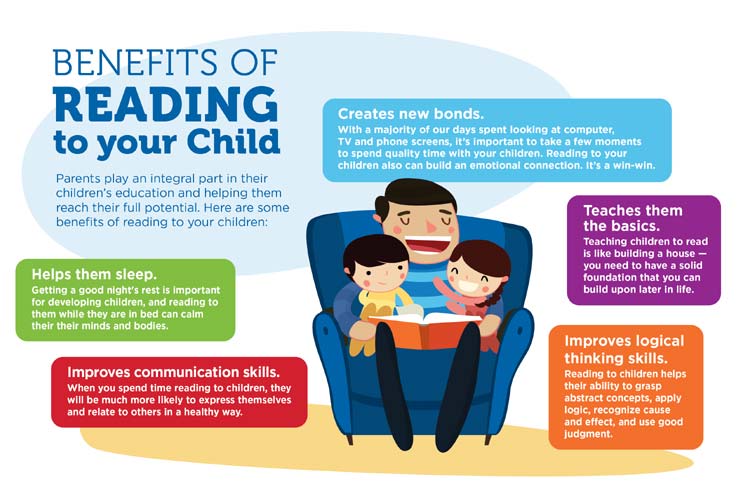
- Encourage children to read aloud, train reading technique, expressiveness.
- Discuss what you have read with your child.
“Council. Do not force your child to read from early childhood, expecting super results: this can completely discourage the desire to read. Better find ways to get him interested."
Recommendations for purchasing children's literature
When choosing a book, think: “What effect will it have on the child? What will he learn?What kind of books will interest children?
- Regardless of the child's age, offer books that have stood the test of time—those that we ourselves read as children. They will certainly charge the child with positive emotions, teach kindness, courage, honesty. Of course, the time in which we live also affects the selection of literature. This means that modern authors have worthy works that are suitable for reading to your children.
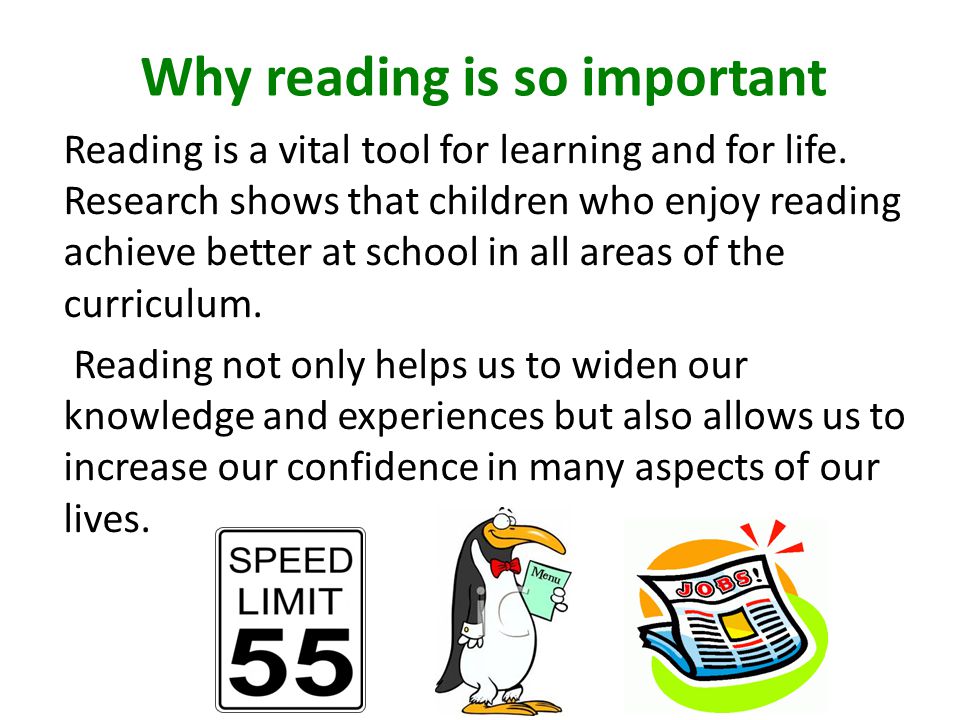
- When choosing a book, think: “What effect will it have on the child? What new will he learn?
- For preschool children, choose illustrated, thematic various books: about games and toys, nature, wildlife, relationships between people, family, rules of hygiene and behavior.
- Students will be interested in historical and military topics, art, inventions, fantastic adventures, travel, etc.
- Pay attention to the fact that the reading circle of children includes works with a humanistic orientation, affirming goodness, justice, equality, work, world peace, the value of life, health and happiness. After all, the main task of literature is to teach the child to comprehend what they read, analyze and draw conclusions. Reading should develop the mind and soul of the child.
This video will help primary school teachers instill a love of reading in their students
http://www.youtube.com/watch?v=dyRPv41YoS0Video can’t be loaded because JavaScript is disabled: Grab a book, kids! (http://www.